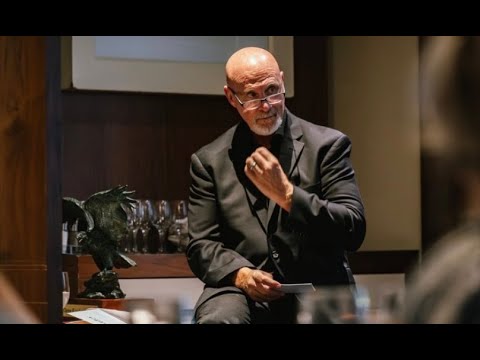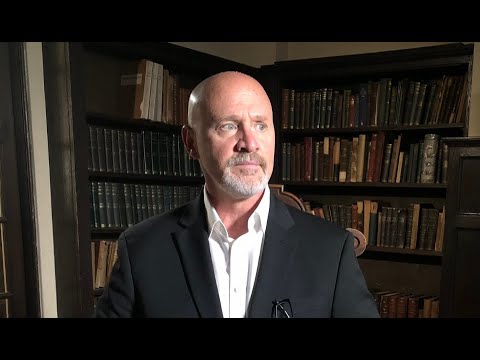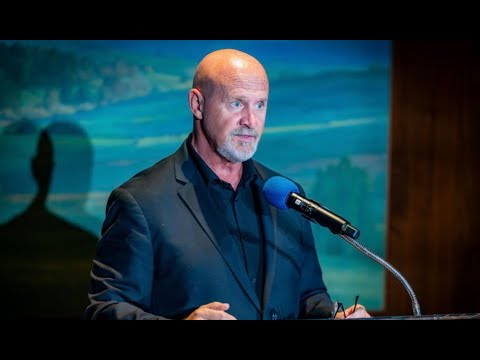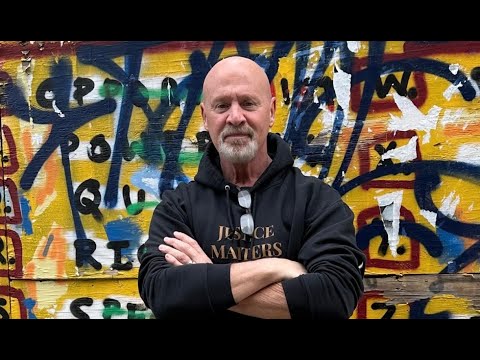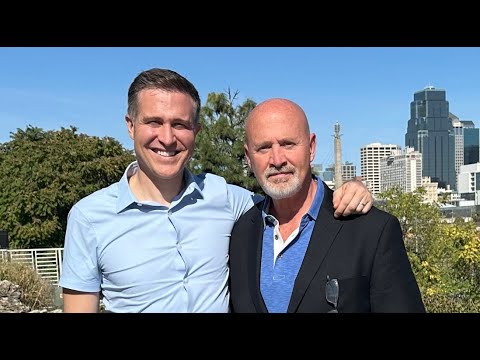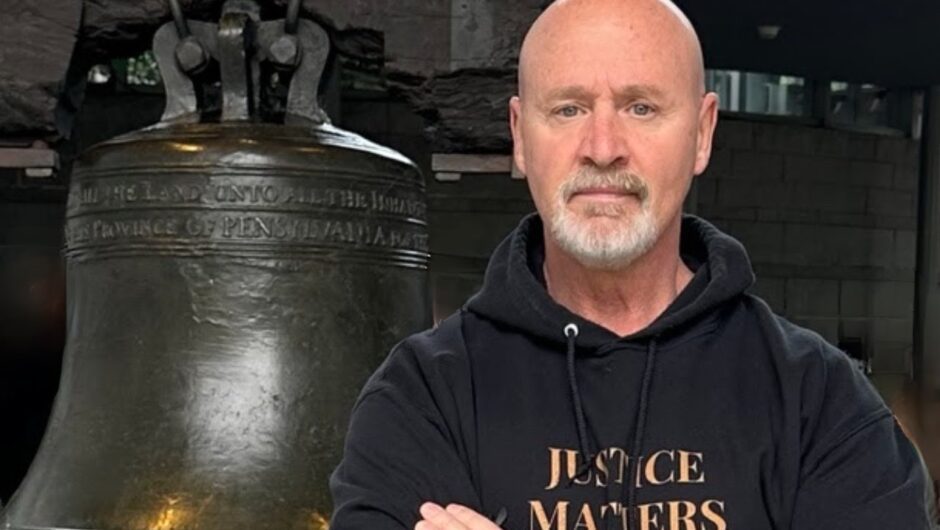Salisbury Cathedral has been closed to the public throughout the coronavirus pandemic.
Yet this past weekend, dozens lined up outside the iconic English church for a different pilgrimage of sorts. They weren’t seeking a miracle, but something medical: the COVID-19 vaccine.
“This place exists to give glory to God and to serve God’s people,” the dean of Salisbury, Reverend Nicholas Papadopulos, told SBS News.
“Right now in the heart of the pandemic, there’s no better way to do both those things than by assisting in the implementation of the vaccine program.”
Salisbury was one of several English cathedrals to open its oversized wooden doors as a vaccination centre this past weekend. By putting vaccine hubs in churches, mosques, cinemas and town halls, the British government is hoping to reach its goal of vaccinating the 15 million most vulnerable people by mid-February.
The temporary set-up in Salisbury can provide the jab to more than 1,000 people a day. Pews have been replaced by socially-distanced chairs, while a chapel has been converted into a pharmacy full of fridges.
“When you break it down to the nuts and bolts of it – the large spaces, high ceilings, good ventilation – it’s perfect for social distancing,” clinical director Dan Henderson said.
Dorothy Glasson was among those waiting for a shot in the small partitioned treatment booths.
For the 87-year-old, the appointment was a chance to enjoy a rare trip out of the house. She’s been at home since March.
“You know, I’m ashamed of myself. I was born in Salisbury, I’ve lived here all my life and I’ve never been in here,” she said.
“I did think it might collapse on me as I came in the door, but it didn’t!”
It’s all a far cry from the events of March 2018 that last brought Salisbury to prominence.
The chemical agents in use now are designed to protect life, unlike the toxic Novichok nerve agent that surfaced then at the Salisbury home of Russian former double agent Sergei Skripal.
With more than 3.6 million cases and nearly 100,000 deaths, Britain has been badly hit by the virus.
The government has come under heavy criticism, as has England’s ‘track and trace’ system, largely outsourced to private companies.
But the vaccine rollout has been done through the National Health Service (NHS), utilising the local knowledge of GPs and public health professionals.
The vast majority of British residents are registered with a local medical clinic, making the process of prioritising and contacting patients much easier.
Carl Broadbent received a letter in the mail and a text reminder, telling him when and where to get his jab.
“I’m vulnerable, so they tell me. I don’t feel vulnerable at all, but there you go,” the 76-year-old said.
“My sister had hers the week before, and I was so envious. ‘Oh crikey, I haven’t got mine’, I thought, but then it came!”
Most Brits, however, will be vaccinated in far less spectacular surroundings: convention centres, hospitals and GP clinics.
The variety is by design.
“Some places are doing three or four hundred vaccines in a day, up to us, doing 1,000 vaccines a day, at a much bigger site,” Dr Henderson said.
“I don’t think there’s necessarily a right answer to that, so long as we’re maximising the use of the vaccine and getting it out there, however that happens.”
Most locations don’t involve a 19th-century pipe organ, either.
The music fills the cathedral all day, played by two organists working in six-hour shifts.
“Provided you play the right music, don’t go too loud and don’t go too fast, there’s an enormous opportunity to soothe people,” John Challenger, the cathedral’s assistant music director, said.
“[We can also] give them pieces they might remember from their wedding or something like that, to try and make them as comfortable as possible.”
Additional reporting by AFP.
People in Australia must stay at least 1.5 metres away from others. Check your jurisdiction’s restrictions on gathering limits.
If you are experiencing cold or flu symptoms, stay home and arrange a test by calling your doctor or contact the Coronavirus Health Information Hotline on 1800 020 080. News and information is available in 63 languages at sbs.com.au/coronavirus.
Please check the relevant guidelines for your state or territory: NSW, Victoria, Queensland, Western Australia, South Australia, Northern Territory, ACT, Tasmania.



